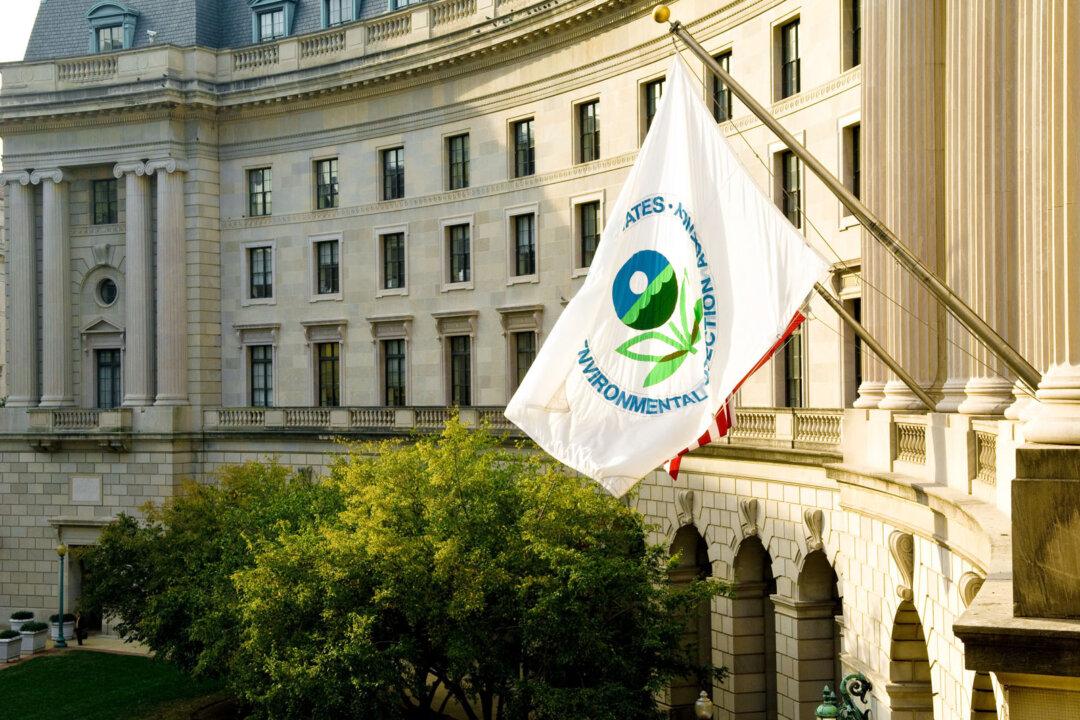Commentary
If President Joe Biden is serious about finding a renewable energy source, he should look down Pennsylvania Avenue to the headquarters of the Environmental Protection Agency (EPA). The EPA’s door revolves fast enough to power the nation for decades, with the rate of spin exceeded only by the attempts to provide cover over possible ethics missteps.



